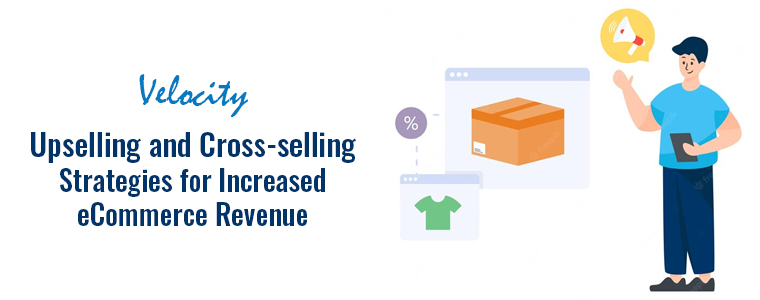Internet has touched our lives in an extremely different way- the way we purchase or sell products has undergone a massive change. The introduction of eCommerce brings forth tempting opportunities for any size of business to widen at a global level or squeezed to very specific segments, depending upon the business type. Its strong existence has allowed countless number of businesses to expand in the global market without spending much. If you have decided to start up your own eCommerce business, this is the right place you are in.
This blog shares some of the most popular and well-known open source eCommerce Content Management System (CMS) that are built-in with powerful and feature-rich functionality to turn your eCommerce store into a money-making machine.
1. OsCommerce-
If you are a starter with Content Management System (CMS), you should consider OsCommerce. It is a simple and convenient content management system that is quite easy to use. All you need to do is set up a template, go through installation process and enter your product list to get ready for meeting customers. It is available for free download. Multi-lingual setup, integrated payment gateways, cross-browser compatibility and addition of unlimited products and categories makes it a trustworthy selling solution for all sized eCommerce businesses. Compatible with PHP5 and MySQL 5 makes it a powerful eCommerce CMS.
Easy Customization-
With OsCommerce customization, you have the flexibility to organize your range of products in your own choice.
Open source-
With the fortitude of easy installation and downloading services, you can enjoy the benefits of saving your hard-earned money.
Multiple gateways support-
It provides multiple payment gateways like- PayPal, Authorize.Net, Sage Pay that allow secure and stable transactions.
Excellent Product Management System-
With efficient product management system, store owners have the option to arrange their products by keeping a track record, previous purchases and browsing history.
2. Magento-
An open-source eCommerce platform that can cater business of all sizes, be it a large- scale enterprise or small-scale entity. It can be easily integrated with third party websites and shipping services. It is specifically a creative platform that comes with built-in SEO features. Magento users can easily customize and manage multiple stores simultaneously without having any technical glitches. It can handle multiple stores and can be easily customized. It renders full support to numerous international languages. It makes utilization of the jQuery library that vast majority of Content Management System are utilizing these days.
3. OpenCart-
OpenCart is currently one of the most popular eCommerce Content Management System (CMS) that is packed in with a rich functionality to sell your products and serve your customers in an efficient way. It has a discount coupon system, multi-currency, guest checkout, product ratings, SEO and features to add unlimited products.
Open Source-
Its source code can be freely adapted to customize every part of an online store based on specific requirements.
User-Friendly-
Its template system is easy to follow and if you happen to have knowledge in HTML and CSS you can actually create your own template.
Rich in features like multi-language capabilities, supports several payment gateways, product ratings and so on.
4. Prestashop-
Written in PHP source code, Prestashop is again an open source shopping cart software that is light-weighted and can be downloaded easily. There are certain technical requirements for Prestashop as Apache Web Server 1.3, PHP 5, MySQL 5, Linux or Unix. From online catalogue management to product display, overall site management, SEO process as well as customer log-in management can be effectively carried out by Prestashop eCommerce CMS. Another important feature of Prestashop is its robust payment extension. A secured payment gateway is one of the most important requirements of shopping cart software which is duly recognized by Prestashop. Giving insight into customer behavior and practice via web analytics and report is yet another feature of Prestashop.
Conclusion
We hope that this list of CMS gave you a head start on your search for your own one. What I would suggest is finding the one that you really like and stick with. If someone asks me, I would certainly say- it sounds like all of them have their strengths and weaknesses, so it really depends on the kind of business you are operating. So, try each one of them smartly and see what wonders it gives your business.








